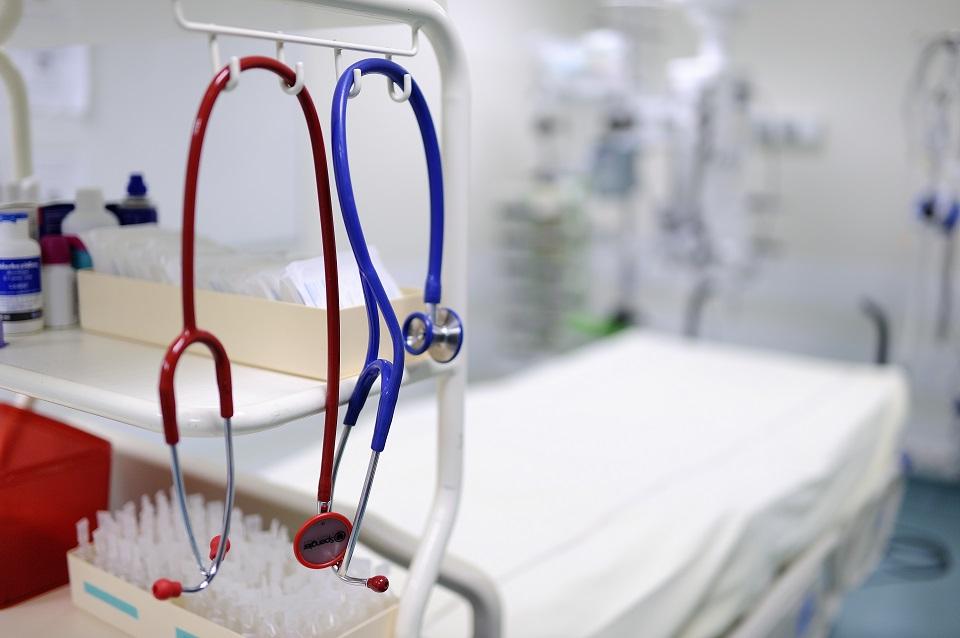More unvaccinated US adolescents hospitalized; Myocarditis may be rare vaccine side effect in teens

The following is a roundup of some of the latest scientific studies on the novel coronavirus and efforts to find treatments and vaccines for COVID-19, the illness caused by the virus.
COVID-19 hospitalizations up among US adolescents
Coronavirus disease (COVID-19) hospitalizations rose among US adolescents in March and April, and nearly a third of those hospitalized needed intensive care, according to data from more than 250 hospitals in 14 states released by the Centers for Disease Control and Prevention (CDC) on Friday.
"Rates of COVID-19-associated hospitalization among adolescents also exceeded historical rates of seasonal influenza-associated hospitalization during comparable periods," researchers reported in the CDC's Morbidity and Mortality Weekly Report.
The hospitals reported a total of 204 adolescents hospitalized for COVID-19 in March and April.
"Until they are fully vaccinated, adolescents should continue to wear masks and take precautions when around others who are not vaccinated to protect themselves, and their family, friends, and community," CDC Director Rochelle Walensky said in a statement on Friday.
"I ask parents, relatives and close friends to join me and talk with teens about the importance of these prevention strategies and to encourage them to get vaccinated."
Heart inflammation may be rare vaccine side effect in teens
Temporary heart inflammation may be a rare side effect of the Pfizer/BioNTech COVID-19 vaccine in teenagers, according to pediatricians who reported on seven cases from across the United States.
The previously healthy adolescents - all boys - developed chest pain within four days after their second dose. MRI exams showed myocarditis, or heart muscle inflammation.
"Fortunately, none of our patients was critically ill," the authors reported on Friday in Pediatrics.
The boys' symptoms resolved "rapidly" with medication. Measures of cardiac status had returned to normal at check-ups performed after one-to-three weeks.
Myocarditis is a known rare adverse event following other vaccinations, the authors noted.
There is no proof, however, that the vaccine caused these cases. "So far, over 2.2 million teenagers (aged) 16-17 have already received 2 doses of Pfizer vaccine, and over 3 million kids 12-15 years old have received dose #1," said coauthor Dr. Judy Guzman-Cottrill of Oregon Health & Science University.
"These are huge, very reassuring denominators." COVID-19 itself can cause myocarditis, she noted. "After looking at the risks and benefits, the data support getting kids vaccinated." -- Reuters



